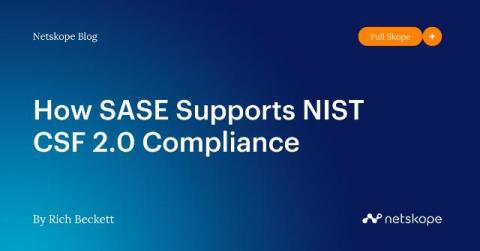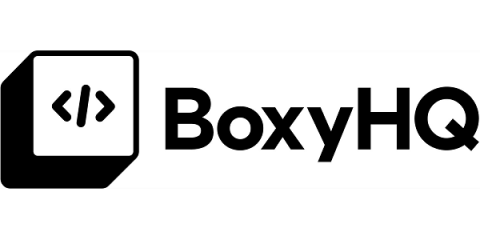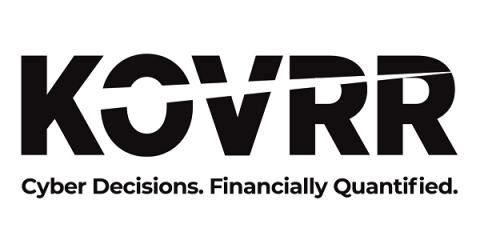How SASE Supports NIST CSF 2.0 Compliance
The National Institute of Standards and Technology’s widely used Cybersecurity Framework (NIST CSF) provides organizations with a common language that allows staff at all levels—and at all points in a supply chain—to develop a shared understanding of their cybersecurity capability.










